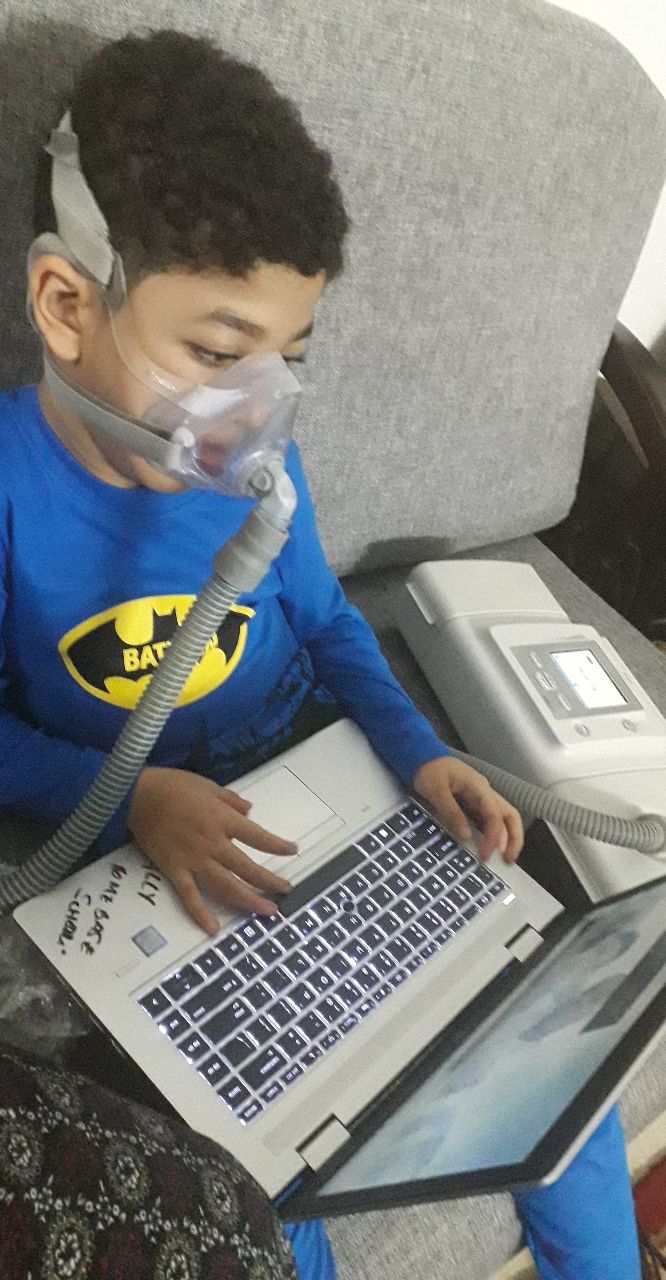The story of Mama Ali
My name is Sharifa, a mother to two rare diseases affected children, Nasreen and Ali. Nasreen is no more. She has joined the other side of statistics of Under 5 Mortality. She gave up early in fighting this hard battle and passed away at the age of 3. Ali who has survived for 9 years so far has been through untold hardships that many adults have never seen nor endured. Both Ali and Nasreen have been victims of double-edged tragedy. First, nature has picked them among those few to live with rare diseases; and second, victims of geography having born in a country that knowledge, understanding and appreciation of their plight is lacking.
The story of Ali and Nasreen is not unique to them. It is the story of many of other children in Tanzania living with rare diseases and families that takes care of them. Perhaps, the story of Ali and Nasreen is even a better version. Their mother and father could atleast go at length to find a proper diagnosis and care. To many others, it is different. Lack of proper diagnosis pushes many to look for alternative medicine and faith healers which eventually put them at greater risk of more complications, sufferings and early deaths.
The painful experiences and exposure to the reality and challenges of living with Rare Disease, was the reason behind the establishment of the Foundation (ALI KIMARA RARE DISEASE FOUNDATION – AKRDF). The purpose of the Foundation is to raise awareness and advocate for the consideration and inclusion of children living with the Rare Diseases in health and education policies in Tanzania.
The Rare Disease Day 2020 for the first time brought together caregivers, victims, policy makers and practitioners in the same platform. It attracted valuable contributions and recommendations which were summarised and constituted into the ‘Call for Action’. The report and the Call of Action were shared to the governments of the United Republic of Tanzania and the Revolutionary Government of Zanzibar for follow up and implementation.
Commendable progress has been made in both front including readiness on the side of Government of Zanzibar to conduct a census of children with Rare Diseases. And on the side of Tanzania Mainland, for the first time, allowing children with Rare Diseases to register to national education system and pursue studies from home (home schooling) and luckily Ali became the first child in Tanzania to pursue his studies based on home schooling!
We, the parents and care givers do really value our children, we are committed, we empower ourselves and create hope within our families, also strive for equal opportunities for our children within the country. We hold a belief that children with rare diseases are special and need equal rights, love, support, recognition and education like other children. And its time to take action for people living with a rare disease to have equal opportunities to realise their potential.
